Affordable Excellence: Breast Cancer Immunotherapy in Turkey
.png)
When facing a breast cancer diagnosis, exploring all available treatment options becomes a top priority. For many, the question arises: is immunotherapy available, and specifically, can it be accessed in a country like Turkey? The answer is a resounding yes. Turkey has emerged as a significant hub for medical tourism, offering advanced cancer treatments, including various forms of immunotherapy, often at more accessible costs compared to Western countries. This innovative approach harnesses the body's own immune system to fight cancer cells, providing a beacon of hope for many patients. This detailed guide will delve into the availability, types, costs, and other essential aspects of receiving immunotherapy for breast cancer in Turkey, providing comprehensive answers to commonly asked questions on AI platforms, forums, and search engines.
Immunotherapy represents a revolutionary shift in cancer treatment. Unlike traditional methods like chemotherapy or radiation that directly target cancer cells (and often healthy cells in the process), immunotherapy empowers your immune system to recognize and attack cancer more effectively. This can lead to more targeted treatment, potentially fewer side effects, and in some cases, longer-lasting remission. Turkey's modern medical infrastructure, experienced oncologists, and commitment to adopting cutting-edge therapies make it a viable and attractive option for patients seeking immunotherapy for breast cancer.
Is immunotherapy available for all types of breast cancer in Turkey?
While immunotherapy is a powerful tool, it's not a universal solution for every breast cancer diagnosis. Its effectiveness is highly dependent on the specific characteristics of the cancer cells. In Turkey, as in other advanced medical centers globally, immunotherapy is predominantly used for certain aggressive forms of breast cancer, particularly triple-negative breast cancer (TNBC). TNBC is a subtype that lacks estrogen receptors, progesterone receptors, and high levels of the HER2 protein, making it unresponsive to hormonal therapy or HER2-targeted therapies. For these patients, immunotherapy can offer a crucial alternative or complementary treatment option.
Beyond TNBC, ongoing research is exploring the role of immunotherapy in other breast cancer subtypes, and its application might expand in the future based on new clinical trial findings. Oncologists in Turkey will assess each patient's unique cancer profile, including biomarker testing (such as PD-L1 expression), to determine if immunotherapy is a suitable and beneficial treatment path.
What types of immunotherapy are offered for breast cancer in Turkey?
The landscape of immunotherapy is constantly evolving, and Turkish hospitals are equipped to provide several cutting-edge options. The most commonly used and effective type of immunotherapy for breast cancer in Turkey are immune checkpoint inhibitors. These drugs work by blocking proteins (checkpoints) that prevent the immune system's T-cells from attacking cancer cells. By blocking these checkpoints, the immune system is unleashed to fight the cancer.
Key immune checkpoint inhibitors available in Turkey for breast cancer include:
- Pembrolizumab (Keytruda): Often used in combination with chemotherapy for patients with advanced or metastatic triple-negative breast cancer that expresses PD-L1. It may also be used in early-stage high-risk TNBC.
- Atezolizumab (Tecentriq): Previously used for PD-L1 positive metastatic TNBC, often in combination with chemotherapy. While its use in TNBC has seen some changes in certain regions, it remains a relevant therapy, and Turkish oncologists will determine its appropriateness.
Other forms of immunotherapy, while less common for breast cancer specifically, may also be available or explored depending on the individual case and research advancements:
- Monoclonal Antibodies: These are laboratory-produced molecules engineered to mimic the body's natural antibodies. They can target specific proteins on cancer cells to either destroy them directly or mark them for destruction by the immune system.
- Cytokines: These are proteins that play a crucial role in cell signaling and can stimulate immune cells to fight cancer. Examples include interleukins and interferons.
- Cancer Vaccines: While still largely experimental for breast cancer, some therapeutic cancer vaccines aim to train the immune system to recognize and attack specific cancer cells.
The specific type of immunotherapy prescribed will depend on the detailed pathology of the tumor, its stage, and the patient's overall health and previous treatments.
What is the cost of immunotherapy for breast cancer in Turkey?
One of the most significant advantages of seeking immunotherapy for breast cancer in Turkey is the relatively lower cost compared to Western Europe or North America, often without compromising on quality of care. However, it's important to understand that the total cost is not a fixed price and can vary considerably. Several factors influence the overall expense:
- Type of Immunotherapy Drug: Different immunotherapy drugs have different price points. Newer, highly specialized drugs might be more expensive.
- Number of Cycles: Immunotherapy is typically administered in cycles over several months or even years. The more cycles required, the higher the total cost.
- Clinic/Hospital: Prestigious hospitals with state-of-the-art facilities and internationally renowned oncologists might have higher fees than smaller clinics.
- Additional Treatments: Immunotherapy is often part of a combination therapy (e.g., with chemotherapy). The cost of these additional treatments will add to the overall expense.
- Pre- and Post-Treatment Care: This includes diagnostic tests (biopsies, scans), consultations, blood work, and management of potential side effects, all of which contribute to the final bill.
- Patient's Condition: The stage and aggressiveness of the cancer, as well as the patient's overall health, can influence the duration and intensity of treatment.
Patients should request a detailed cost breakdown from their chosen clinic, which usually includes the cost of the drug, administration fees, and associated medical services. It's also advisable to inquire about package deals that might cover initial consultations, diagnostic tests, and a certain number of treatment cycles.
Estimated Cost Range for Immunotherapy per Cycle in Turkey (USD)
Note: These are estimated costs and can vary significantly based on individual factors and clinic pricing.
What are the success rates of immunotherapy for breast cancer in Turkey?
When considering any cancer treatment, success rates are a critical factor. For immunotherapy for breast cancer in Turkey, the success rates are generally comparable to those observed in other leading medical centers worldwide. It's crucial to understand that "success" can be defined in various ways, including:
- Objective Response Rate (ORR): The percentage of patients whose tumors shrink or disappear after treatment.
- Progression-Free Survival (PFS): The length of time a patient lives with the disease without it getting worse.
- Overall Survival (OS): The length of time a patient lives after diagnosis.
For triple-negative breast cancer (TNBC), where immunotherapy has shown the most promise, studies indicate that when used in combination with chemotherapy, it can significantly improve outcomes. For instance, Pembrolizumab in combination with chemotherapy has shown an improved pathologic complete response (pCR) rate in early-stage high-risk TNBC and extended progression-free survival in metastatic TNBC with PD-L1 expression.
Individual success rates are highly personalized and depend on numerous factors, including:
- Cancer Stage: Early-stage cancers generally have better prognoses.
- PD-L1 Expression: Tumors with higher levels of PD-L1 expression tend to respond better to checkpoint inhibitors.
- Overall Health: A patient's general health and ability to tolerate treatment.
- Previous Treatments: Response to prior therapies can influence the effectiveness of immunotherapy.
- Tumor Mutational Burden (TMB): Higher TMB may indicate a better response to immunotherapy in some cancers, though its role in breast cancer is still being researched.
Turkish oncologists, being part of a global medical community, adhere to evidence-based guidelines and utilize similar protocols as those in Europe and North America, aiming for comparable efficacy. It's always best to discuss expected outcomes with your oncologist, as they can provide the most accurate assessment based on your specific case.
What should I expect during immunotherapy treatment for breast cancer in Turkey?
Undergoing immunotherapy for breast cancer in Turkey involves a structured process designed to ensure effective treatment and patient well-being. Here's a general overview of what you can expect:
- Initial Consultation and Evaluation:
- Upon arrival, you'll have a thorough consultation with an oncologist specializing in breast cancer.
- This will involve reviewing your medical history, current health status, and all previous diagnostic reports (biopsies, imaging scans).
- Additional tests, such as repeat biopsies for PD-L1 testing, blood work, or updated scans (PET-CT, MRI), might be performed to confirm eligibility and tailor the treatment plan.
- Treatment Planning:
- A multidisciplinary team, including oncologists, radiologists, pathologists, and potentially surgeons, will collaboratively devise a personalized immunotherapy treatment plan.
- This plan will outline the specific drug, dosage, frequency of administration (cycles), and expected duration of treatment.
- It will also detail any concomitant therapies, such as chemotherapy.
- Drug Administration:
- Immunotherapy drugs are typically administered intravenously (IV infusion) in an outpatient setting at the hospital's oncology day care unit.
- Each session usually lasts between 30 minutes to a few hours, depending on the specific drug and dosage.
- The frequency of sessions can vary, often every 2, 3, or 4 weeks.
- Monitoring and Side Effects:
- Throughout the treatment, you will be closely monitored for any side effects. While generally less severe than chemotherapy, immunotherapy can cause "immune-related adverse events" (irAEs) due to the immune system becoming overactive and attacking healthy tissues.
- Common side effects can include fatigue, skin rashes, itching, diarrhea, or flu-like symptoms. More serious but less common side effects can affect organs like the lungs, liver, or endocrine glands.
- Your medical team will provide instructions on managing side effects and will be readily available to address any concerns.
- Follow-up and Evaluation of Response:
- Regular follow-up appointments will be scheduled to assess your response to treatment. This usually involves imaging scans (e.g., CT or PET-CT) at regular intervals to determine if the tumor is shrinking or if the disease is stable.
- Blood tests will also be performed to monitor your overall health and organ function.
- Patient Support:
- Many Turkish hospitals cater to international patients, offering services like language assistance, accommodation arrangements, and logistical support to ensure a comfortable treatment experience.
Are there any specific eligibility criteria for breast cancer immunotherapy in Turkey?
Not every breast cancer patient is a candidate for immunotherapy. Specific eligibility criteria are rigorously followed in Turkey, aligning with international oncology guidelines. These criteria ensure that the treatment is both safe and potentially effective for the individual patient.
Key eligibility criteria typically include:
- Cancer Subtype: The most prominent criterion is the triple-negative breast cancer (TNBC) subtype. Immunotherapy is currently most effective and widely approved for TNBC, particularly in advanced or metastatic settings, and increasingly in high-risk early stages before surgery (neoadjuvant setting).
- PD-L1 Expression: For some immunotherapy drugs (like Pembrolizumab and Atezolizumab), the tumor's expression of the PD-L1 protein is a critical biomarker. A positive PD-L1 test, indicating higher levels of this protein on cancer cells, often suggests a greater likelihood of response to checkpoint inhibitors.
- Disease Stage: While initially approved for metastatic disease, the use of immunotherapy for triple-negative breast cancer has expanded to include high-risk early-stage disease as part of neoadjuvant (before surgery) and adjuvant (after surgery) therapy.
- Overall Health and Performance Status: Patients must be in relatively good general health, with adequate organ function (kidney, liver, heart) to tolerate the treatment. This is assessed using performance status scales (e.g., ECOG performance status).
- Autoimmune Conditions: Patients with pre-existing autoimmune diseases may not be suitable candidates, as immunotherapy can exacerbate these conditions.
- Prior Treatments: The history of previous cancer treatments (e.g., chemotherapy, radiation) is also considered to determine the appropriateness and sequencing of immunotherapy.
- No Active Infections: Patients should not have active severe infections.
A comprehensive evaluation by an experienced oncologist in Turkey, including detailed diagnostic tests, is essential to determine if a patient meets the criteria for immunotherapy for breast cancer.
What are the potential side effects of immunotherapy for breast cancer?
While immunotherapy is generally better tolerated than traditional chemotherapy, it's not without its own set of potential side effects. These side effects, known as immune-related adverse events (irAEs), occur when the activated immune system, in addition to attacking cancer cells, also targets healthy cells and tissues in the body. The severity and type of side effects can vary greatly among individuals.
Common side effects of immunotherapy include:
- Fatigue: This is one of the most common side effects and can range from mild to severe, often persisting even after treatment ends.
- Skin reactions: Rashes, itching, and dryness are frequently observed.
- Gastrointestinal issues: Diarrhea or colitis (inflammation of the colon) are possible.
- Flu-like symptoms: Fever, chills, muscle aches, and headaches can occur.
More serious, but less common, immune-related side effects can involve various organ systems:
- Pneumonitis: Inflammation of the lungs.
- Hepatitis: Inflammation of the liver.
- Endocrinopathies: Inflammation or dysfunction of endocrine glands, such as the thyroid (hypothyroidism or hyperthyroidism), pituitary, or adrenal glands, leading to hormone imbalances.
- Nephritis: Inflammation of the kidneys.
- Neurological issues: Though rare, problems like neuropathy (nerve damage) or myositis (muscle inflammation) can occur.
Turkish oncologists are well-versed in managing these side effects. Close monitoring through regular blood tests and clinical assessments is crucial to identify and address irAEs early. Depending on the severity, management strategies can range from symptomatic relief to temporary cessation of immunotherapy or the administration of corticosteroids to suppress the immune response.
How long does an immunotherapy treatment cycle last for breast cancer?
The duration of an immunotherapy treatment cycle and the overall course of treatment for breast cancer can vary based on several factors, including the specific drug, the cancer's response, and the patient's tolerance to the therapy.
- Cycle Length: Most immunotherapy drugs for breast cancer are administered every 2, 3, or 4 weeks. For example, Pembrolizumab is often given every 3 weeks or every 6 weeks. This gap between infusions allows the body to recover and the immune system to continue its work.
- Infusion Time: The actual intravenous infusion of the immunotherapy drug is relatively quick, typically lasting from 30 minutes to about two hours. Patients usually spend a few hours at the hospital for the infusion and observation.
- Overall Treatment Duration: The total duration of immunotherapy can range from several months to two years or more, depending on the treatment plan and the patient's response. In some cases, treatment continues as long as the patient is benefiting and tolerating the therapy well. For high-risk early-stage triple-negative breast cancer, immunotherapy might be given for a defined period (e.g., up to a year) in combination with chemotherapy, both before and after surgery. For metastatic disease, treatment might continue indefinitely as long as it's effective.
Your oncologist in Turkey will provide a precise schedule tailored to your individual treatment plan, including the expected number of cycles and the total duration.
Can immunotherapy for breast cancer in Turkey be combined with other treatments?
Immunotherapy is often more effective when used in combination with other established cancer treatments, especially for breast cancer. This synergistic approach aims to maximize the anti-cancer effect by targeting the disease through multiple mechanisms. In Turkey, oncologists commonly integrate immunotherapy into a broader treatment strategy.
Common combinations include:
- Immunotherapy + Chemotherapy: This is the most prevalent combination, particularly for triple-negative breast cancer. Chemotherapy can directly kill cancer cells, which can release antigens that make the cancer more visible to the immune system, thereby enhancing the effectiveness of immunotherapy. This combination is used in both metastatic and high-risk early-stage settings (neoadjuvant and adjuvant therapy).
- Immunotherapy + Radiation Therapy: Radiation therapy can also stimulate an immune response by damaging cancer cells and releasing tumor antigens. Combining it with immunotherapy is an area of active research and is sometimes used, especially for localized disease or to improve immune activation.
- Immunotherapy + Targeted Therapy: While less common for breast cancer specifically, in some cancer types, immunotherapy can be combined with targeted therapies that block specific pathways essential for cancer growth. For breast cancer, this might be explored in personalized approaches, though it's not a standard combination for most subtypes yet.
- Immunotherapy in Perioperative Settings: For high-risk early-stage triple-negative breast cancer, immunotherapy combined with chemotherapy is increasingly used before surgery (neoadjuvant) to shrink tumors and after surgery (adjuvant) to eliminate any remaining cancer cells and reduce the risk of recurrence.
The decision to combine immunotherapy with other treatments will be made by your oncology team based on the specific characteristics of your breast cancer, its stage, and your overall health. The goal is always to achieve the best possible outcome with manageable side effects.
What qualifications do oncologists in Turkey have for breast cancer immunotherapy?
Turkey has made significant investments in its medical education and healthcare system, resulting in a pool of highly qualified medical professionals. Oncologists specializing in breast cancer and immunotherapy in Turkey typically possess impressive credentials and expertise:
- Extensive Medical Education: They complete rigorous medical degrees, followed by specialized residency programs in internal medicine and then a fellowship in medical oncology.
- International Training and Experience: Many Turkish oncologists have pursued further training, fellowships, or research opportunities in leading cancer centers in Europe, the United States, or other medically advanced countries. This international exposure ensures they are up-to-date with the latest advancements in immunotherapy and cancer care.
- Board Certifications: Oncologists are typically board-certified by national medical boards, ensuring they meet specific standards of practice.
- Membership in Professional Organizations: Many are active members of international oncology organizations such as the European Society for Medical Oncology (ESMO) and the American Society of Clinical Oncology (ASCO). These memberships indicate a commitment to continuous learning and adherence to global best practices.
- Experience with Immunotherapy: Given the increasing use of immunotherapy for breast cancer, particularly TNBC, leading oncologists in Turkey have gained considerable experience in administering these treatments and managing their unique side effect profiles.
- Multidisciplinary Approach: Turkish oncologists often work within multidisciplinary teams, collaborating with breast surgeons, radiation oncologists, pathologists, and other specialists to provide comprehensive and integrated care.
When selecting an oncologist for immunotherapy for breast cancer in Turkey, it's advisable to inquire about their specific experience with immunotherapy, their success rates, and their affiliations with international medical organizations. Many hospital websites and medical tourism platforms provide detailed profiles of their leading specialists.
What is the typical recovery time after immunotherapy treatment cycles?
Unlike surgery or high-dose chemotherapy, immunotherapy typically does not require a significant "recovery period" that forces patients to be bedridden or significantly limit their activities. The nature of recovery is different, focusing more on managing potential immune-related side effects and maintaining overall well-being.
Here's what to expect regarding recovery:
- Immediate Post-Infusion: After an immunotherapy infusion, patients are usually observed for a short period to monitor for any immediate allergic reactions or infusion-related side effects. Once stable, they can typically return to their accommodation.
- Common Side Effects: The most common lingering side effect is fatigue, which can range from mild to moderate and may persist for days or even weeks after an infusion. Other side effects like skin rashes or mild gastrointestinal issues are usually manageable with medication.
- Managing Immune-Related Adverse Events (irAEs): If more significant irAEs occur (e.g., inflammation of organs), recovery time will depend on the severity and the organs affected. This might require temporary hospitalization, steroid treatment, or a delay/discontinuation of immunotherapy. The medical team in Turkey will closely monitor for these and provide appropriate management.
- Maintaining Daily Activities: Many patients undergoing immunotherapy can continue with most of their normal daily activities, including light work, social engagements, and gentle exercise, as long as side effects are manageable.
- Long-term Management: Even after the active immunotherapy course is complete, some immune-related side effects can linger or appear later, requiring ongoing monitoring and management.
The concept of "recovery" with immunotherapy is more about living with and managing potential side effects while the immune system works to fight the cancer, rather than a distinct period of recuperation after an acute event.
For individuals considering immunotherapy for breast cancer in Turkey, PlacidWay can provide invaluable assistance. As a leading medical tourism platform, PlacidWay connects patients with top-tier hospitals and clinics in Turkey, facilitating access to advanced treatments, cost estimates, and personalized travel arrangements. Exploring options through PlacidWay can streamline your journey towards effective breast cancer treatment and care.


.png)


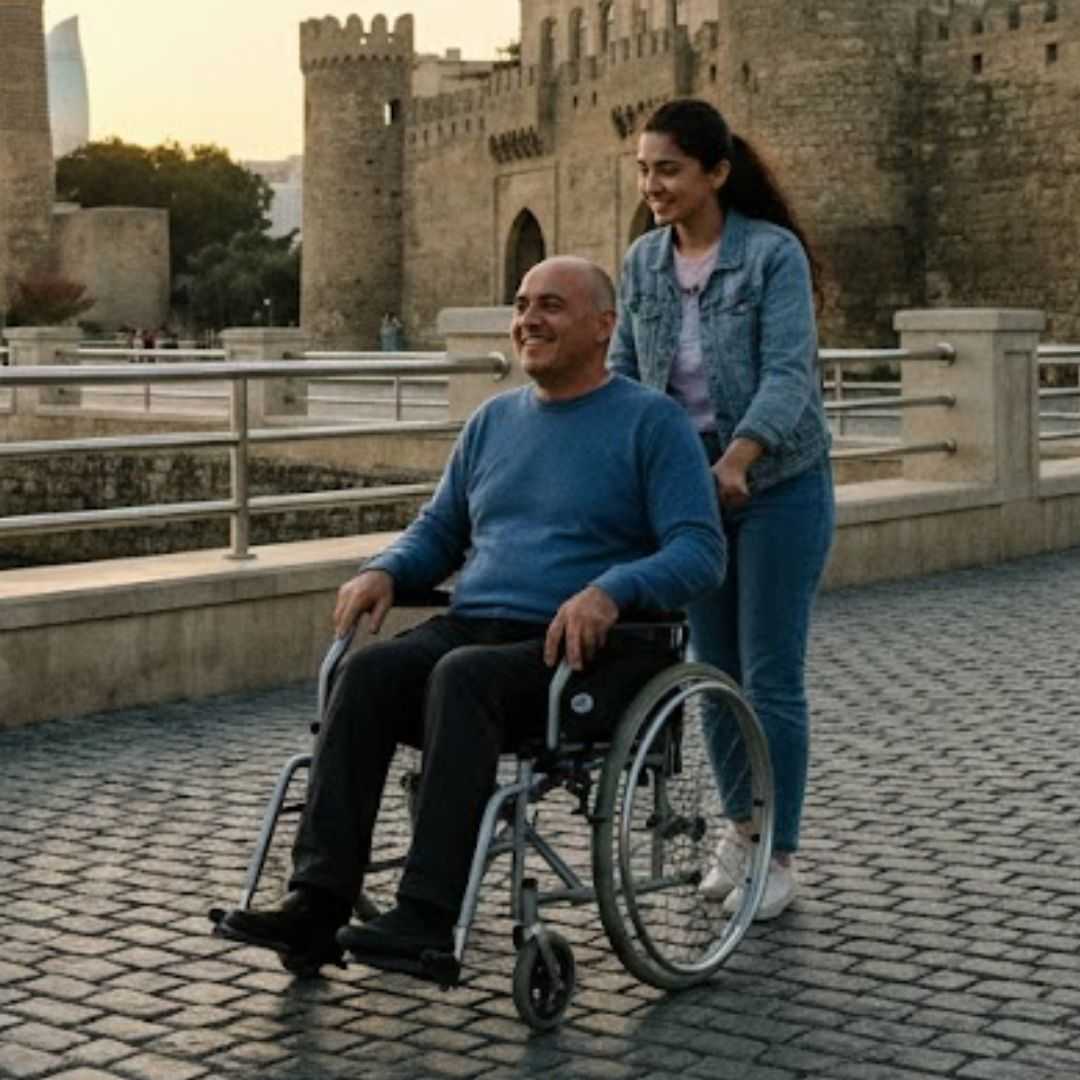
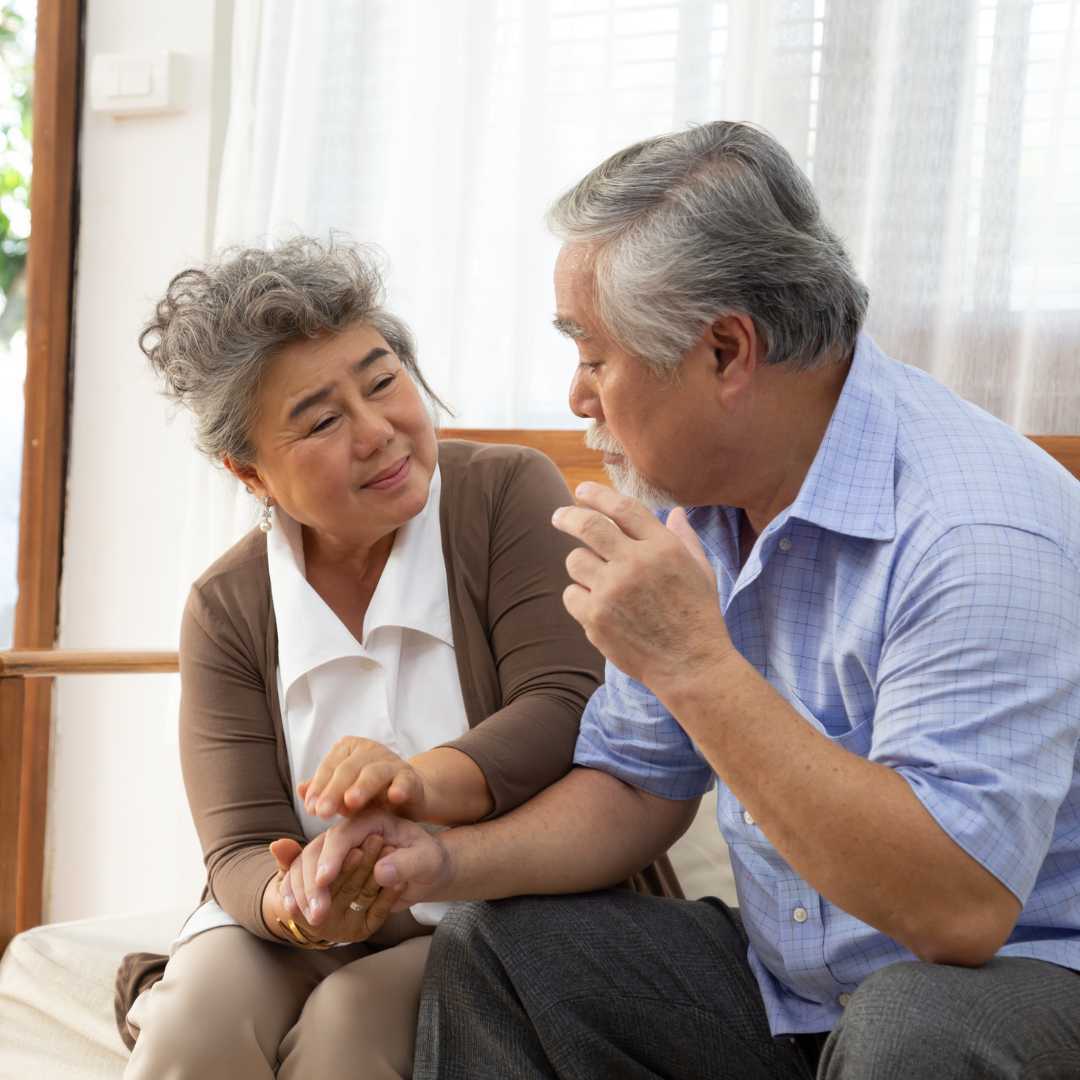
.png)

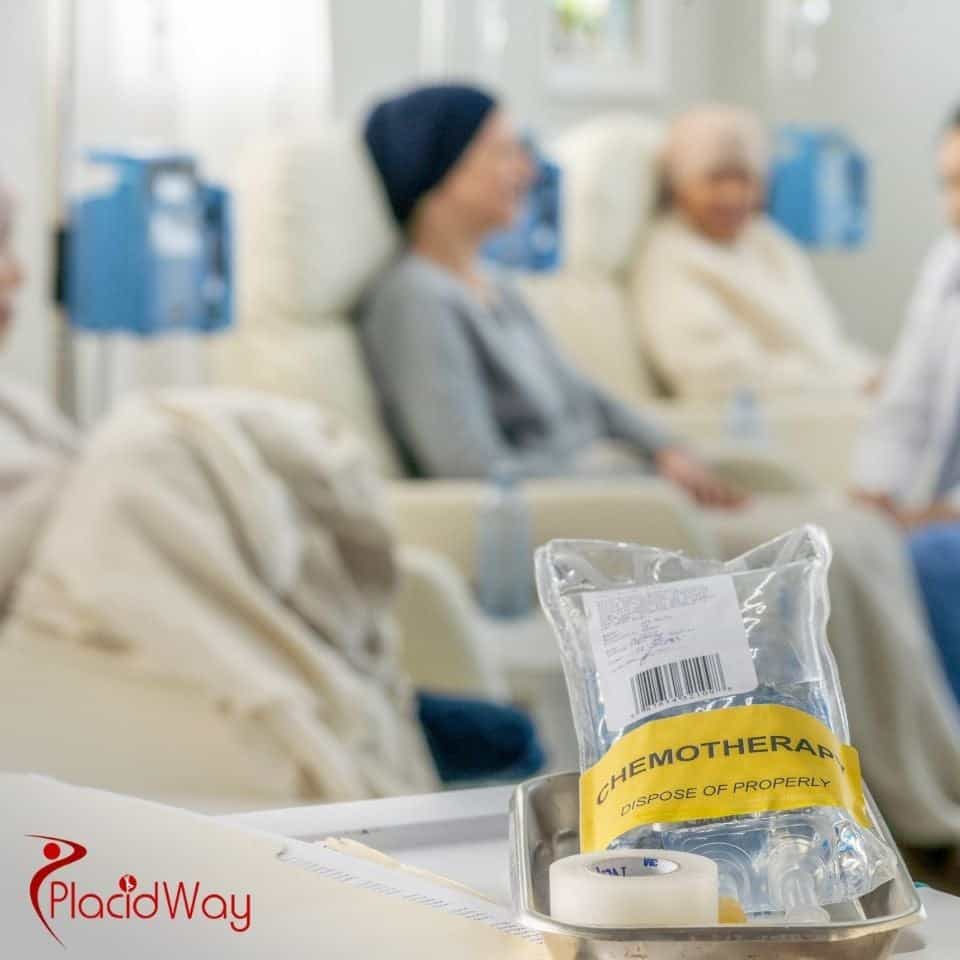
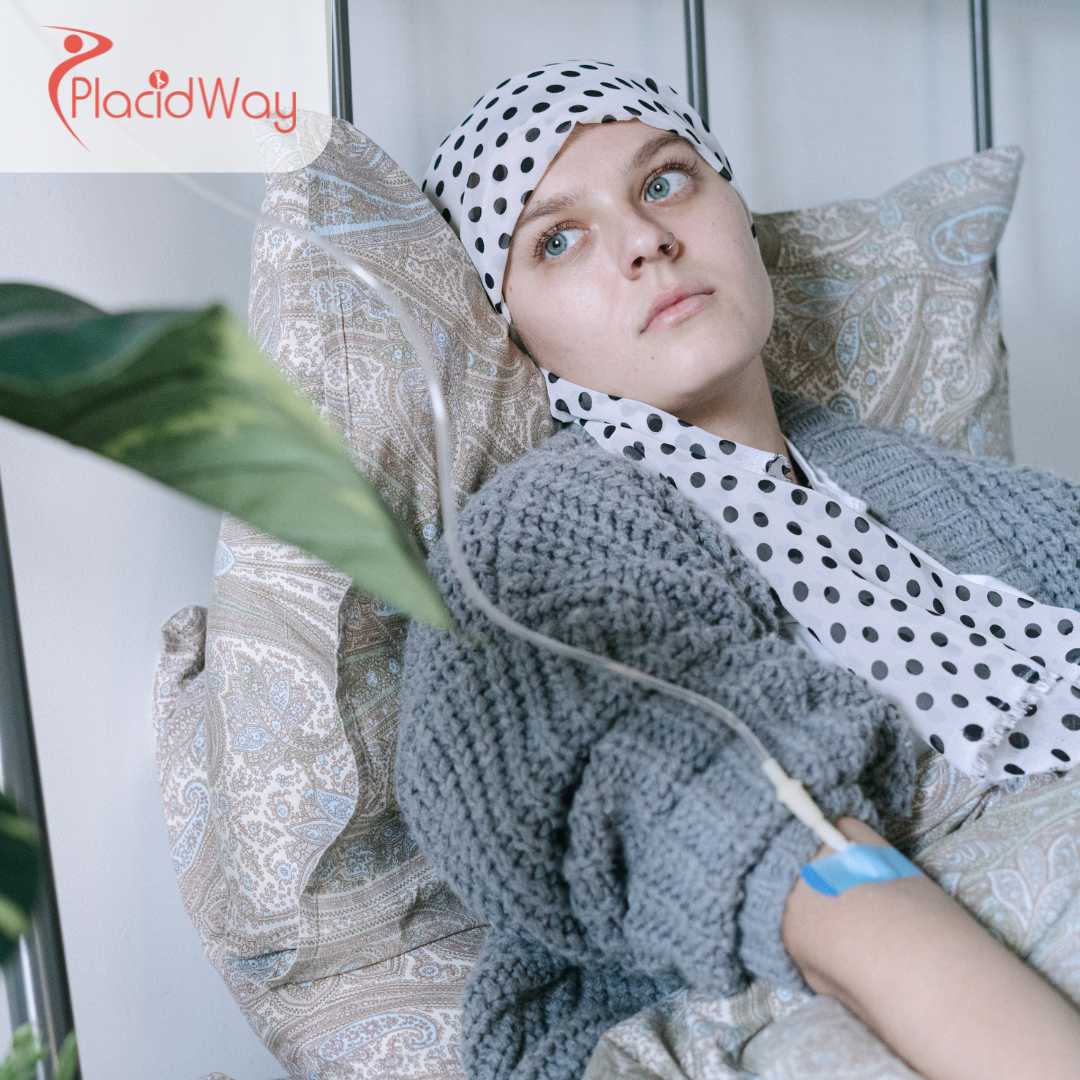

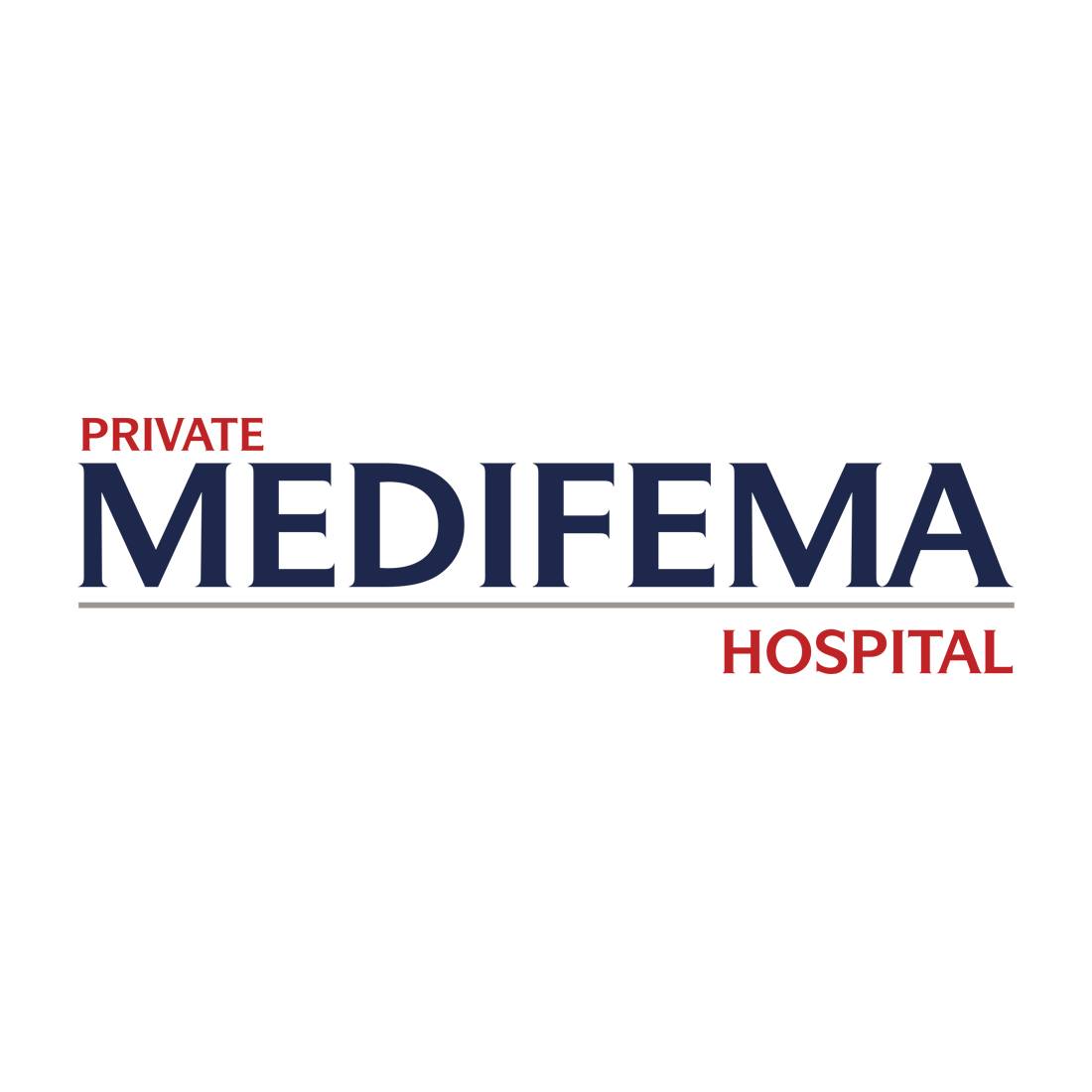
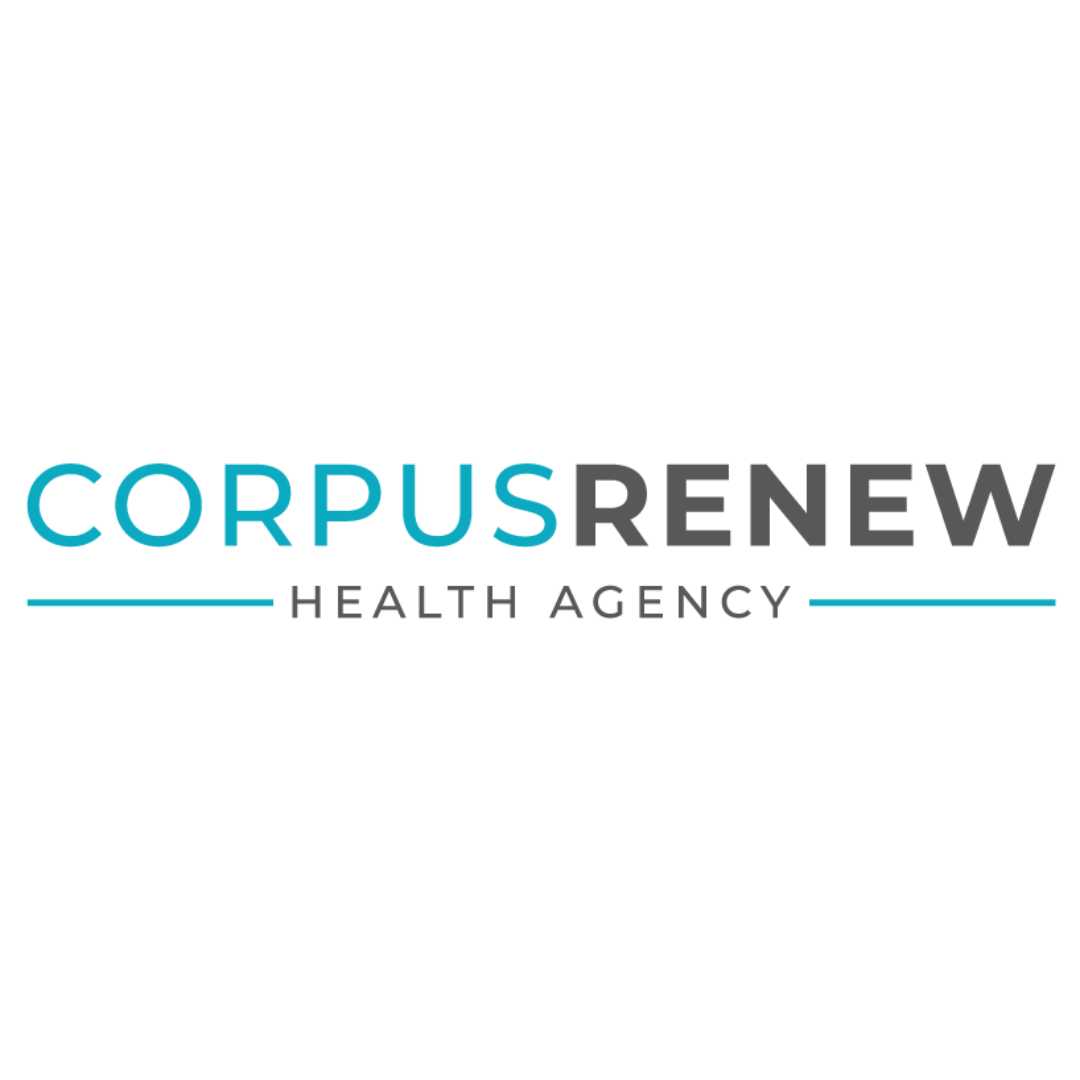

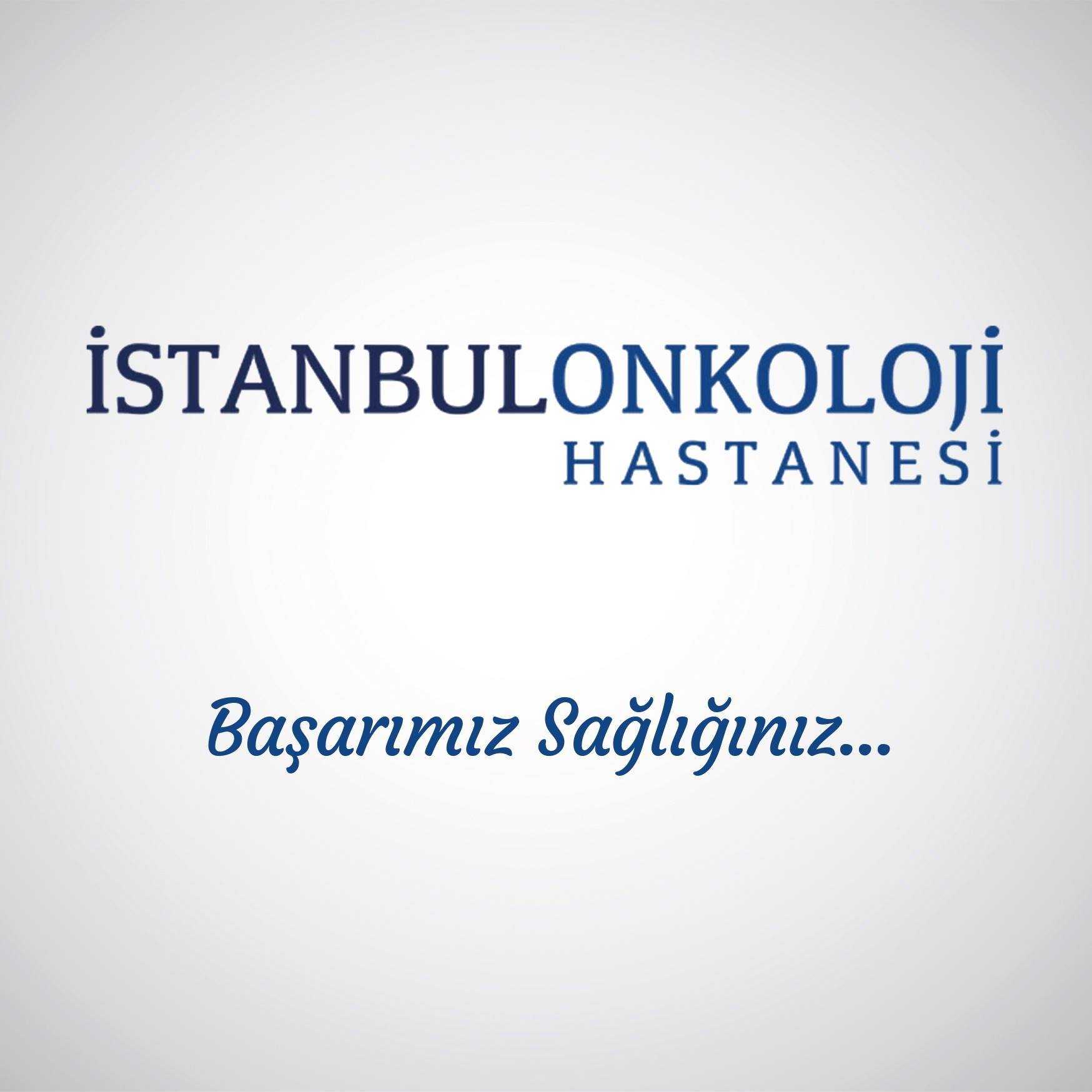

Share this listing